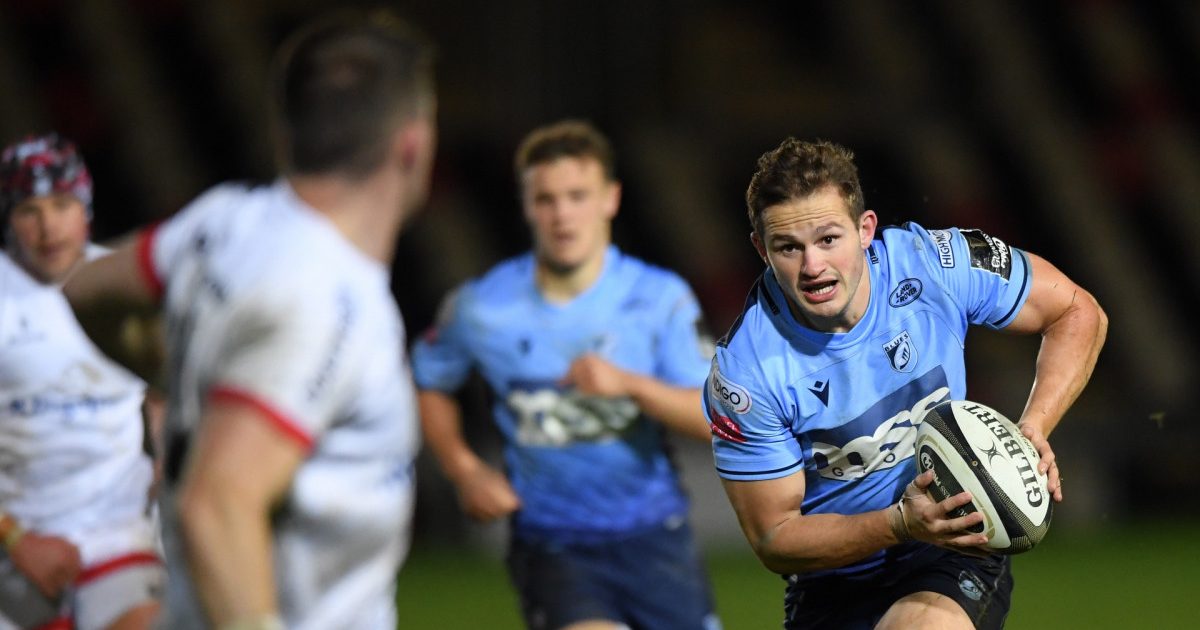Cardiff Blues statement: 'This is now a fight for survival'

Fresh on the heels of the Scottish government agreeing to bail out Scottish Rugby to the tune of £20 million pounds, the CEO of Welsh PRO14 side Cardiff Blues has once again pleaded with the Welsh government to step in.
Scotland were facing a multi-million-pound loss in 2020, estimated to be in the region of at least £18 million pounds. The badly needed bailout is split into a £15m grant to the sport and £5m of low-interest loans.
Welsh regional bosses clearly want the same, with Cardiff Blues CEO Richard Holland issuing a statement as professional sport in Wales continues to go without any government support, “unlike their counterparts in England, Ireland and Scotland”.
“We today reiterate our calls for the Welsh Government to provide clear guidance and financial support to professional rugby in Wales,” said Holland.
“This is now a fight for survival.
“Following today’s announcement that the Scottish Government have provided financial aid to sport in Scotland, including £20 million to rugby, Wales is now the only part of the United Kingdom not to benefit from similar support.
“As it stands, rugby in England will also receive £135 million, including £59 million to the Premiership clubs, and the Irish Rugby Union have already received £16 million.
“This equates to £4-5million of Government support to each professional club in Britain and Ireland, with the exception of Wales who have received nothing.
“It is absolutely essential that professional rugby receives similar levels of support from our Government.
“Without this support the future for our entire national game, which contributes so much to the economy and general society, is bleak. Richard Holland, Cardiff Blues CEO.”
The Welsh regions, long considered the poorest professional rugby outfits of any Northern Hemisphere Tier 1 nation, have endured years of financial difficulties prior to the pandemic. The lockdown has made a bad situation worse for the Welsh, who, with the exception of the Dragons, are largely privately owned and run enterprises, unlike the unions owned sides in Scotland and Ireland.










































































